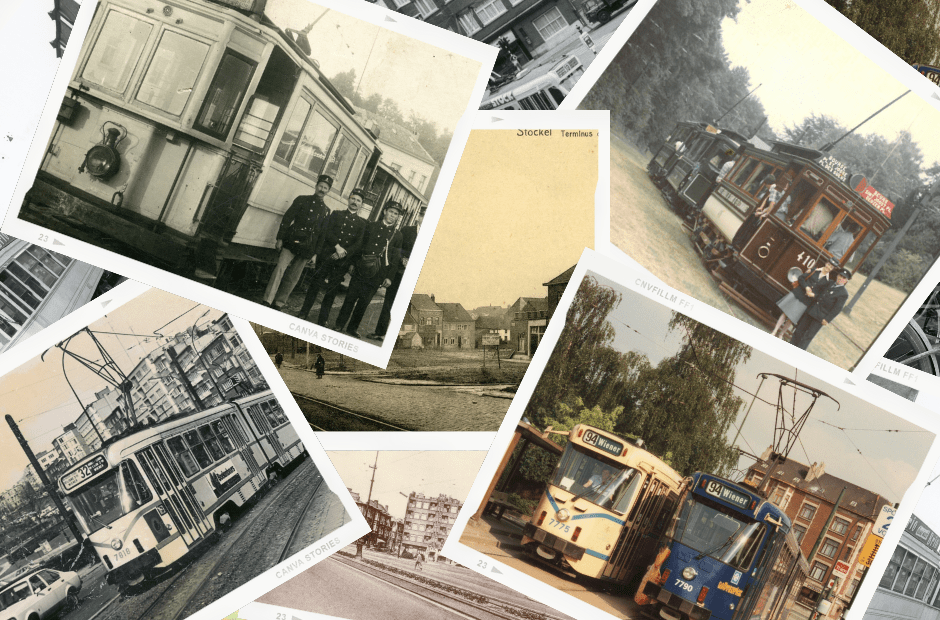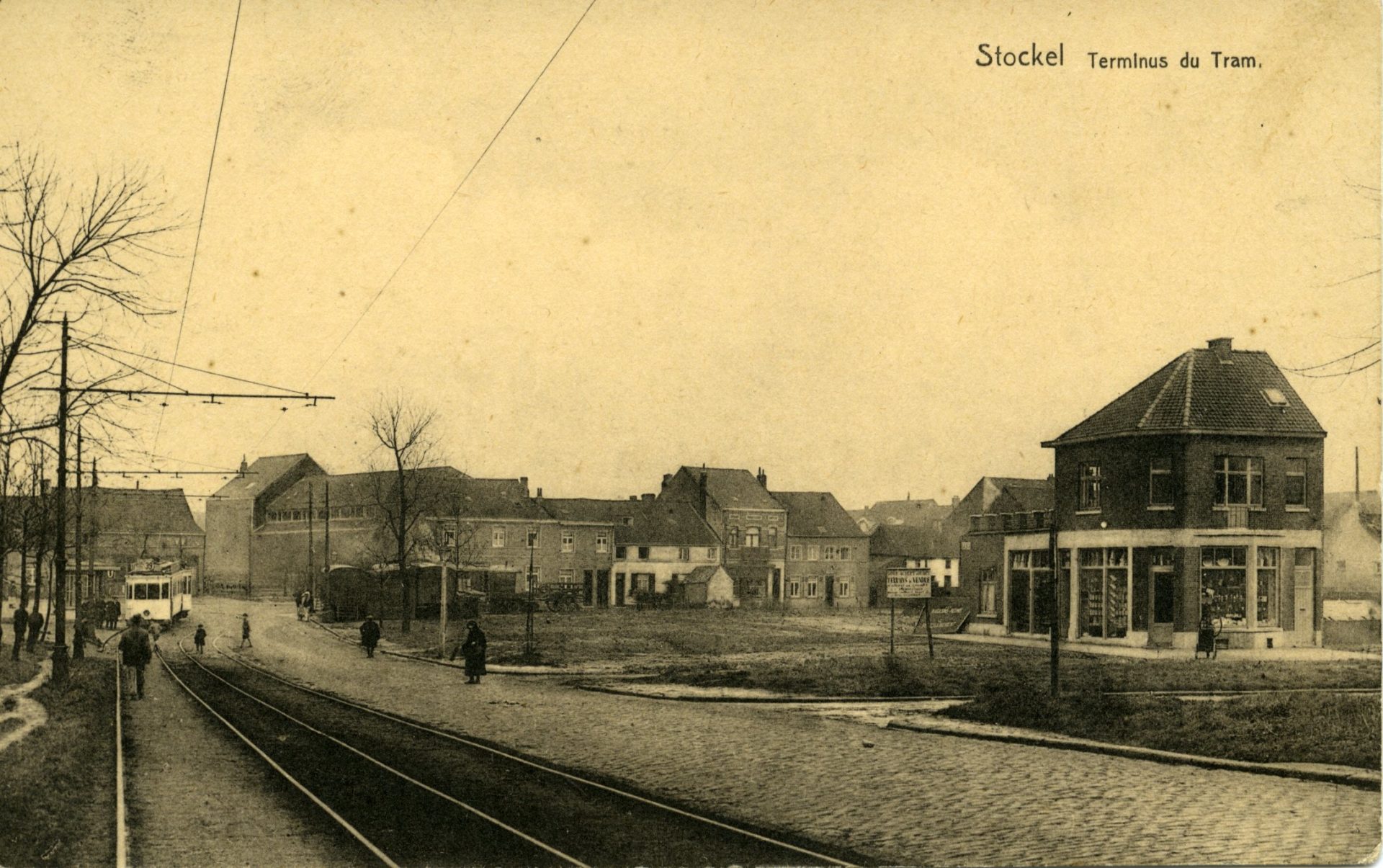Trams in Brussels have come a long way from the first horse-drawn services that started carrying passengers from the Porte de Namur to the Bois de la Cambre in 1869.
Even with the horses attached to the front, there's no mistaking these contraptions for their not so distant cousins we see all over the city today. But how did we get here?
Long before the days of STIB, the company "Les Tramways Bruxellois" (founded in 1874) was the sole concessionaire of the network in Brussels, creating the first connections throughout the city and with the surrounding countryside.
After a brief - and ultimately unsuccessful - attempt to run steam-powered trams in the city in 1877, the idea of a powered line took off.
In 1894 Brussels' first electric tram lines were laid down from Place Stéphanie to Uccle, prompting an explosion of new tracks being built right up to the turn of the century.
By 1899, the newly revamped "Les Tramways Bruxellois" was awarded the concession for the network until 31 December 1945, on the condition that electric traction was used throughout the network.
In 1885, the network's axes extended over 37 km. By 1945, the network had grown to 241 km.
The electric tram was here.
So from humble beginnings to a vital part of your commute, here's a snapshot of Brussels' tram history through the ages.
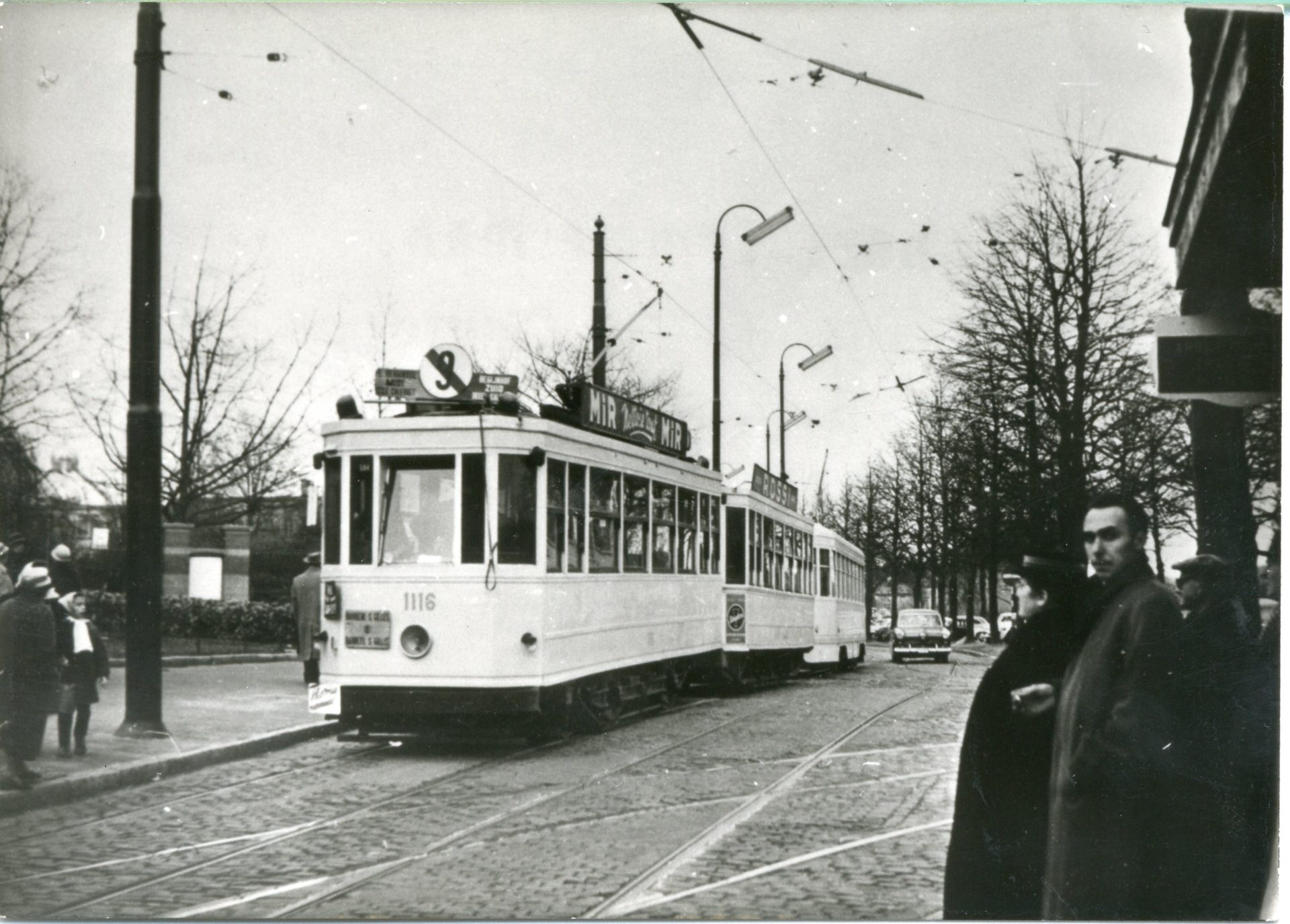
Credit: Erfgoedbank Jette, Collection André De Gand (2)
Tram 9 with a part of the Atomium in the background at what is presumed to be the Jette cemetery stop.
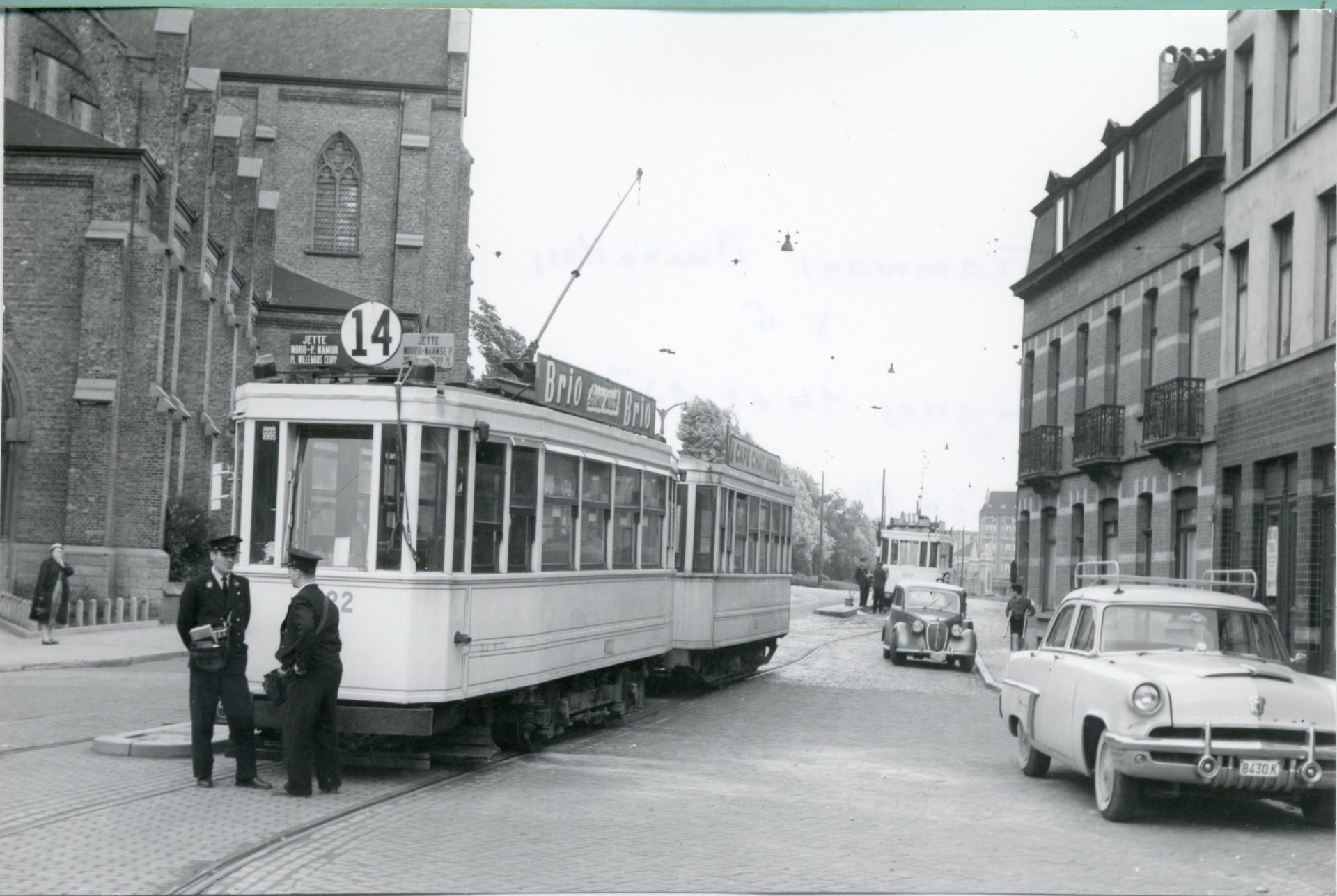
Credit: Erfgoedbank Jette, Collection André De Gand (3)
Jette: Tram 18
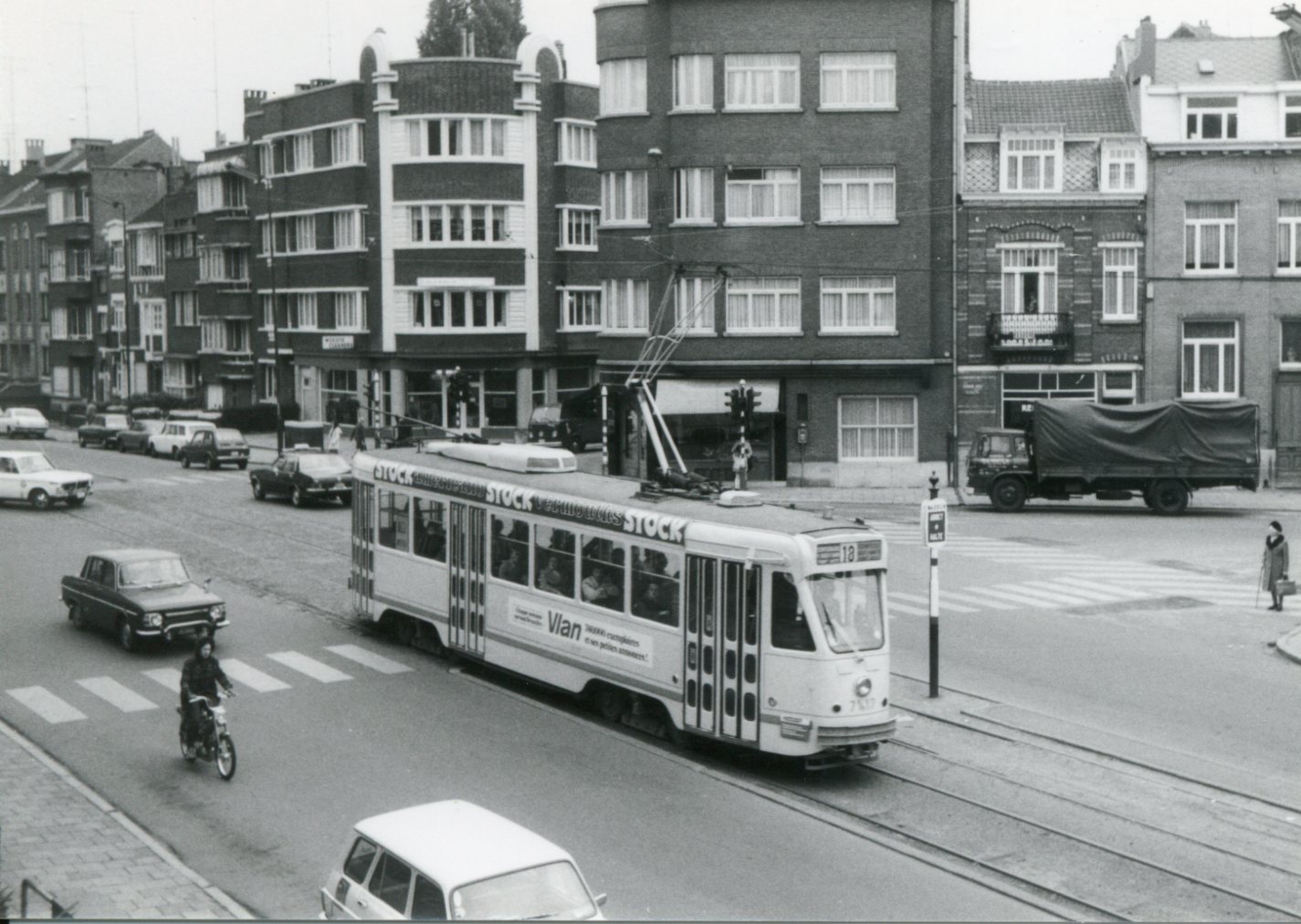
Credit: Erfgoedbank Jette, Collection André De Gand (4)
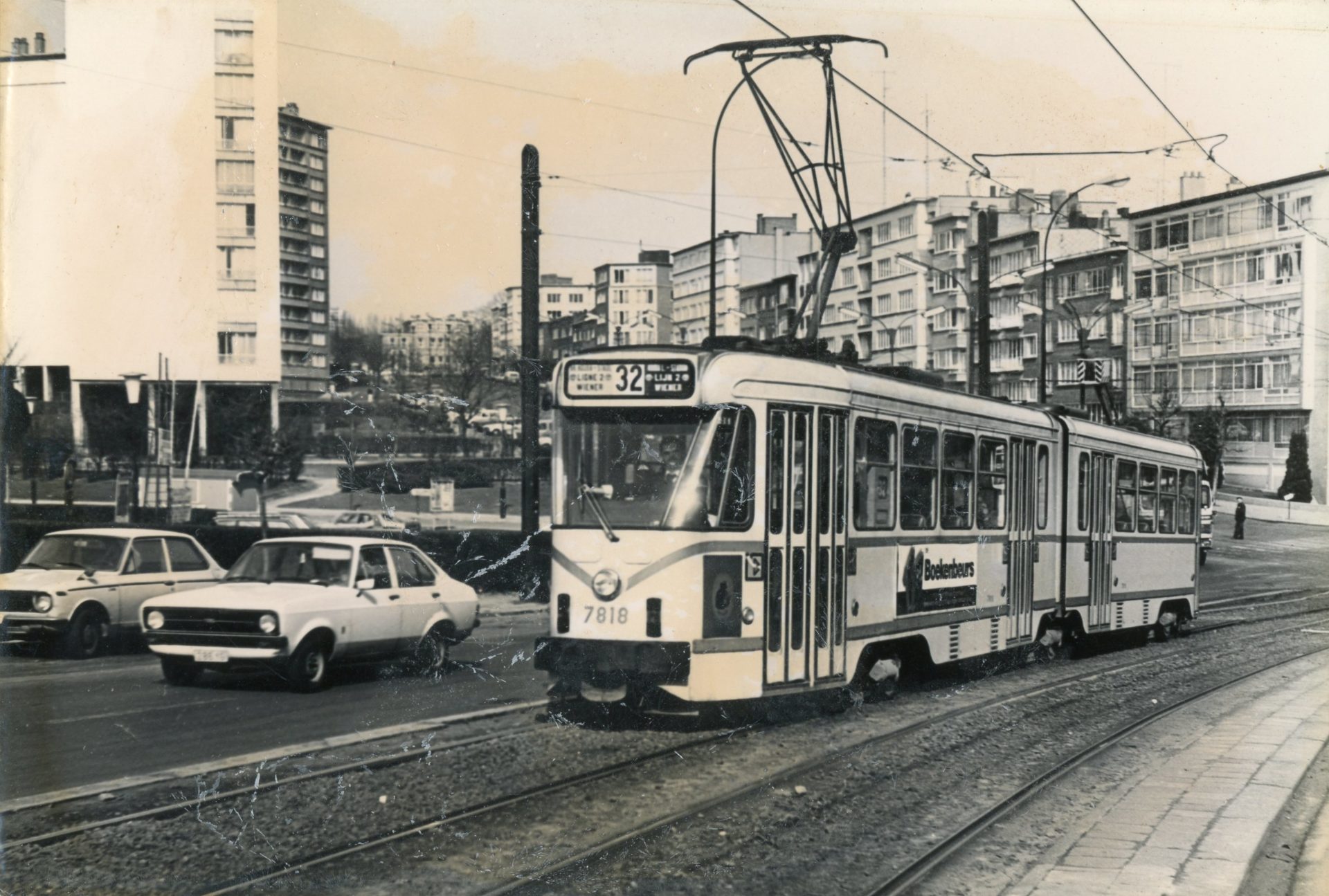
Credit: Erfgoedbank Jette, Collection André De Gand (5)
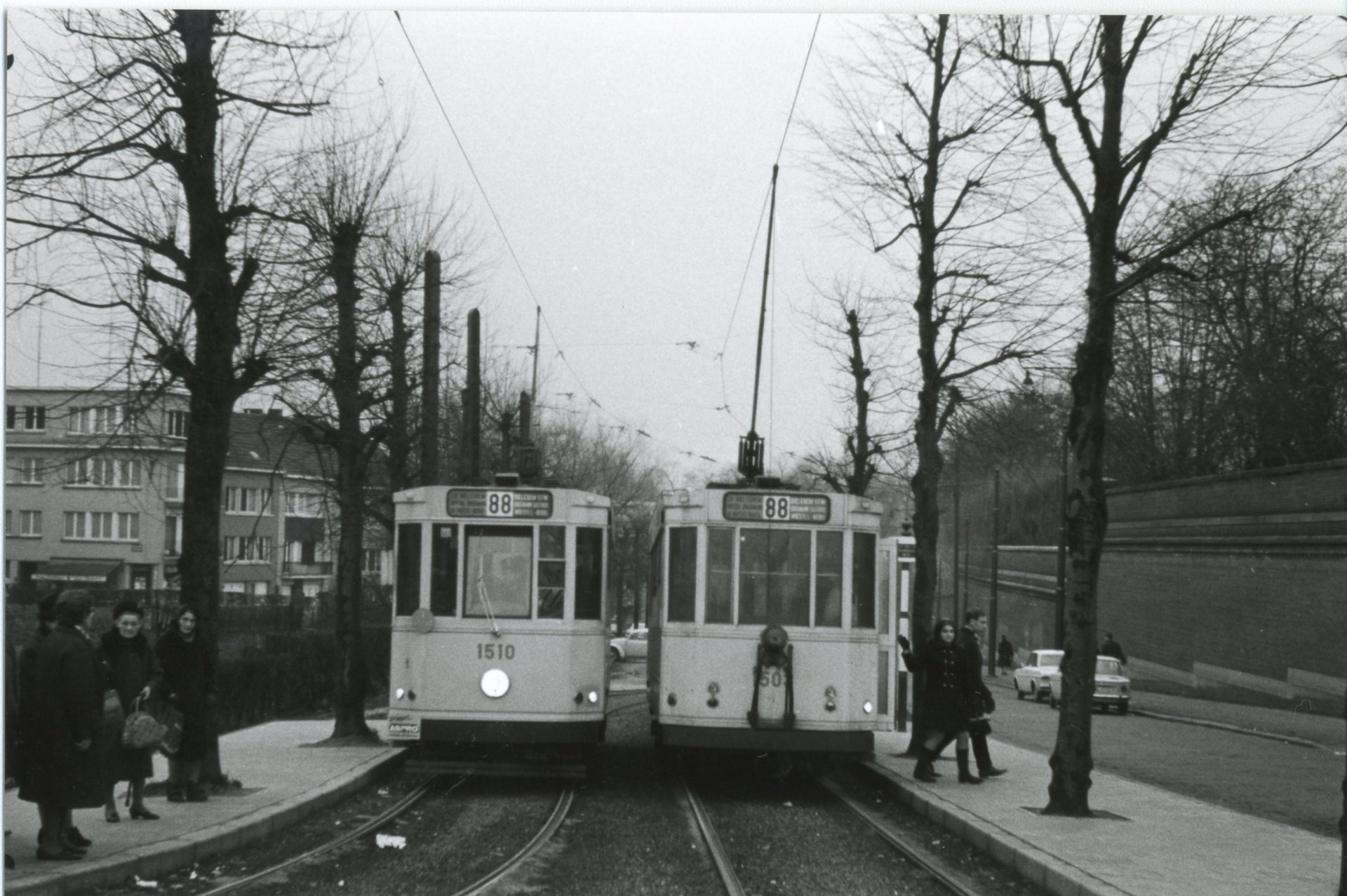
Credit: Erfgoedbank Jette, Collection André De Gand (6)
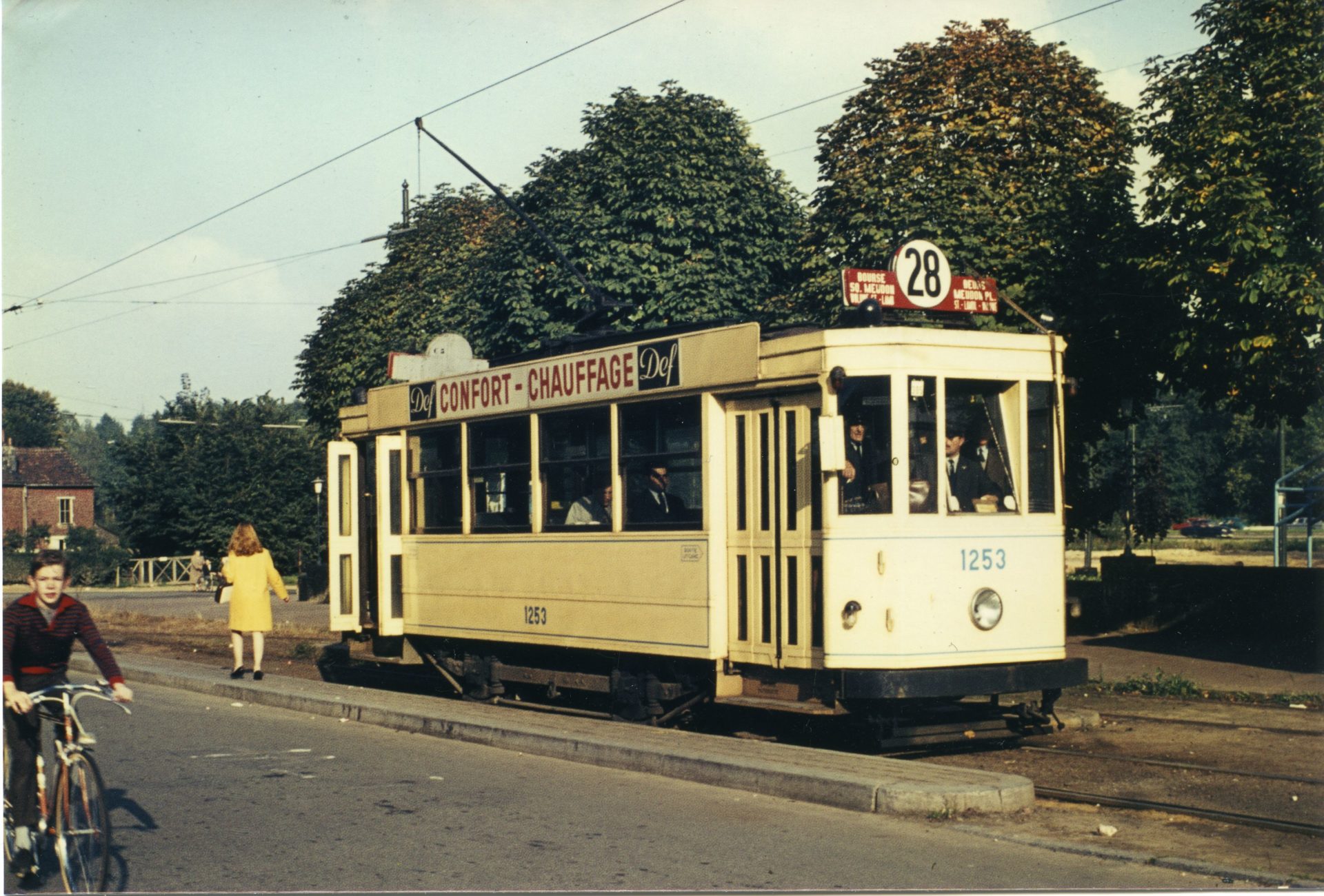
Credit: Erfgoedbank Sint-Lambrechts-Woluwe, Collection Roland Gilis
café de Vox (now: pizzeria Piazza).
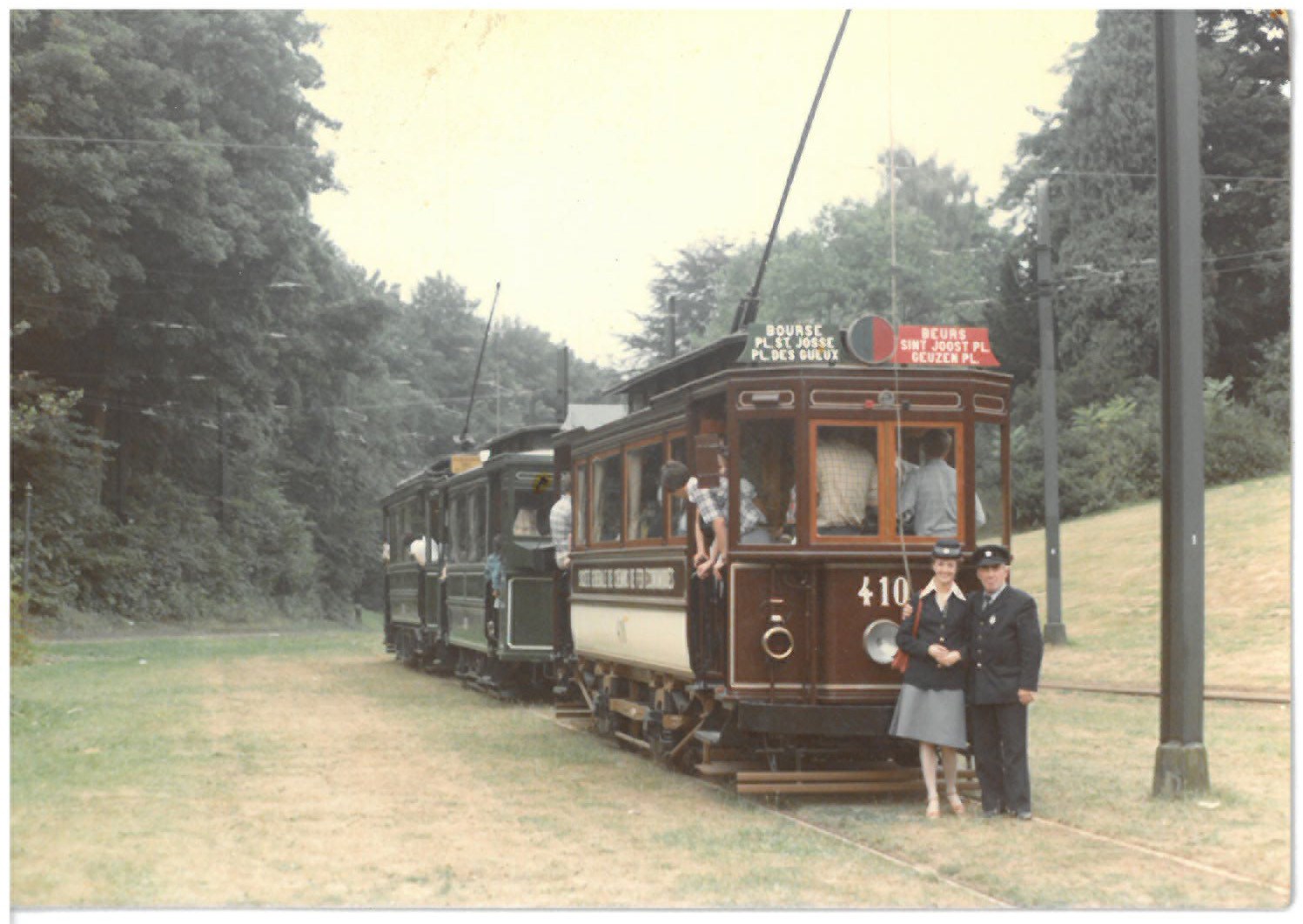
Credit: Erfgoedbank Sint-Pieters-Woluwe, Collection Paul De Weerdt
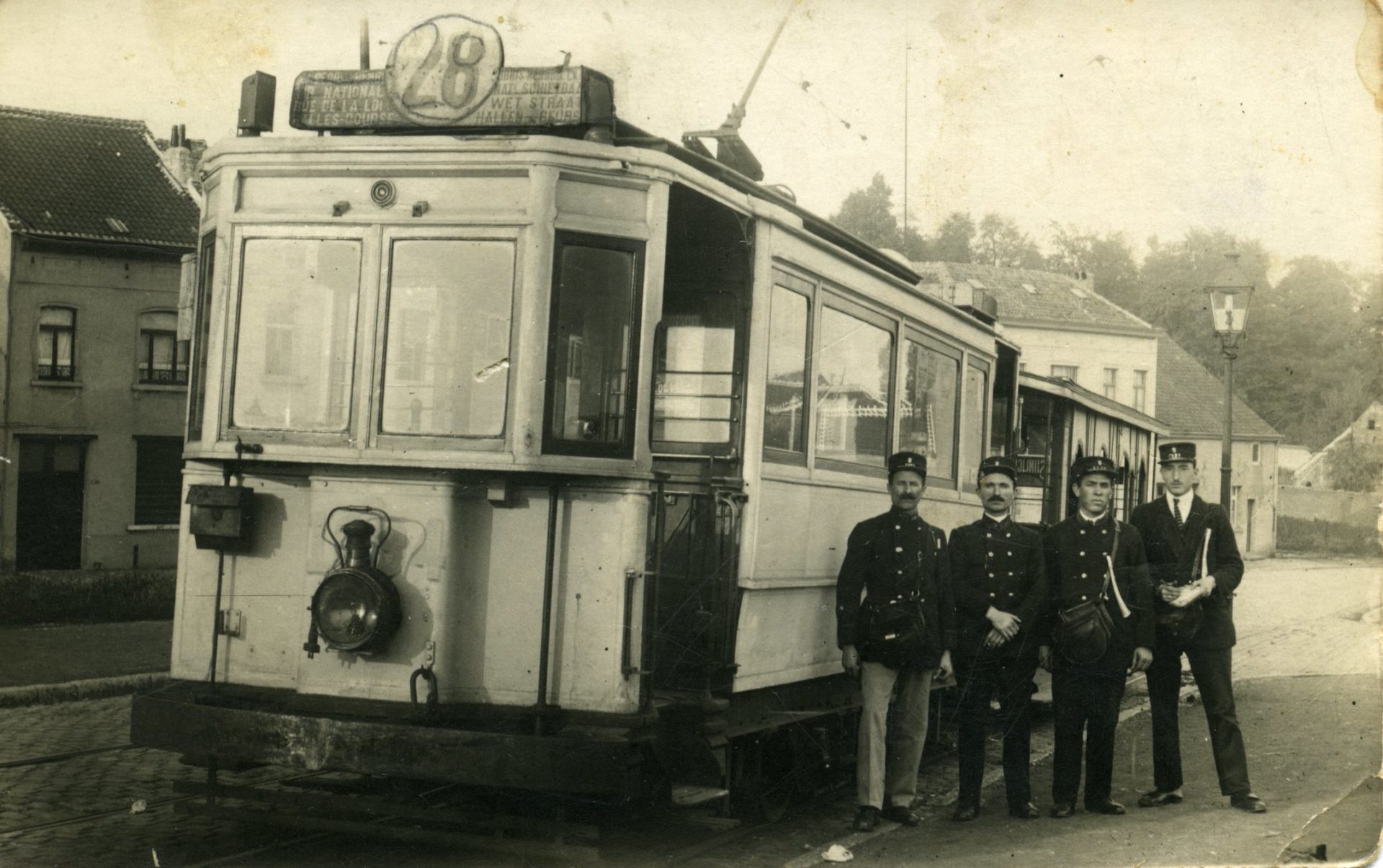
Credit: Erfgoedbank Sint-Pieters-Woluwe, Collection Struelens - Vanpée
Staff pictured near Tram 28. At the front left of the tram the "dépêche" bag, meant to carry mail can be seen.
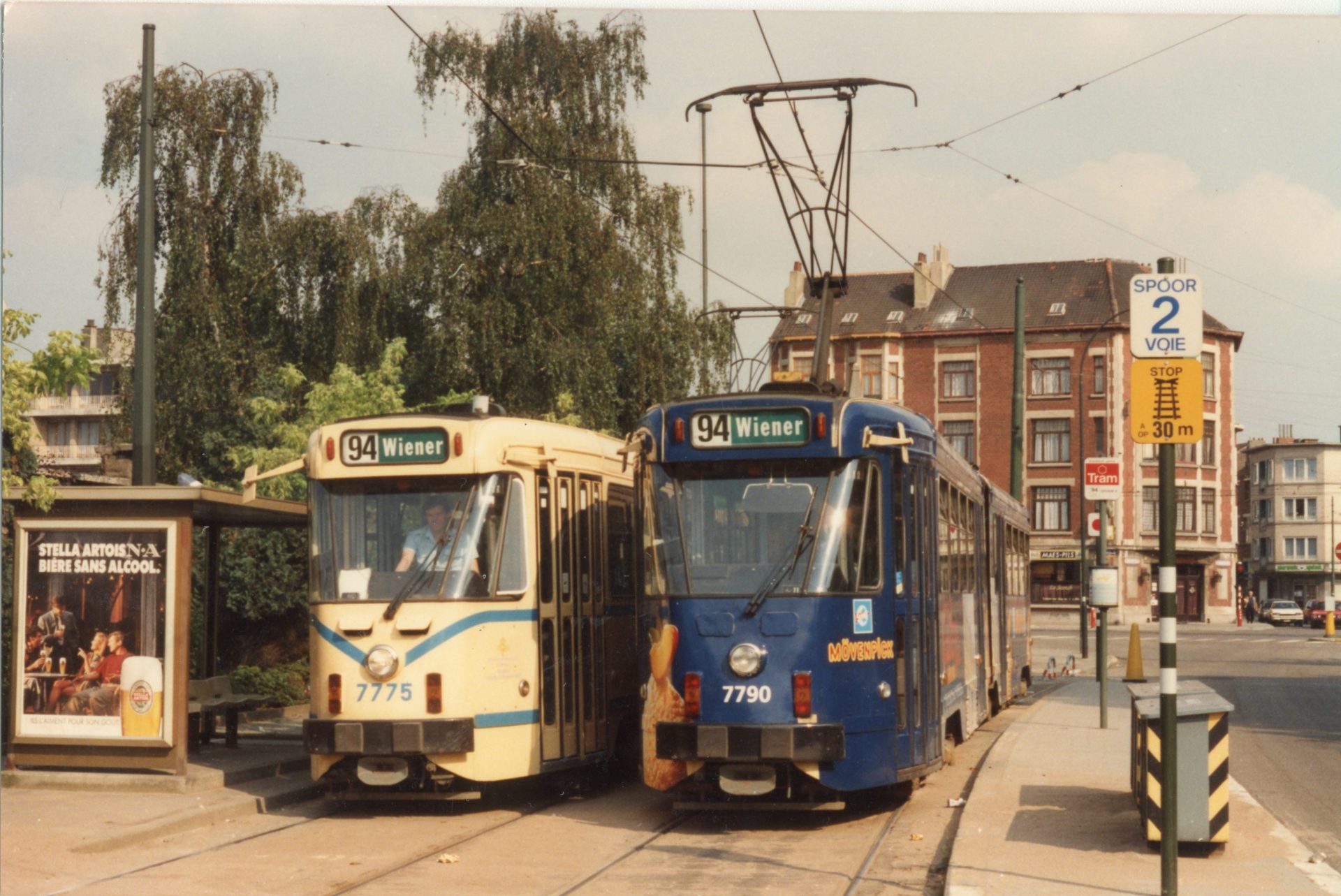
Credit: Erfgoedbank Jette, Collection André De Gand (17)
These photos were provided from the Erfgoedbank Brussel digital database, which preserves the heritage of citizens, families and associations in Brussels. It concerns heritage that you usually cannot find in professional institutions such as museums or archives.
The Erfgoedbank Brussel presents old photos, postcards, films, audio and stories about daily life older than 20 years.
More information on the heritage database – and the collected 7,000 items and web exhibitions – can be found here.
This photo collection is part of an ongoing series looking at the history of Brussels in Photos. Do you have any photos of Belgium through the ages that you would like to share with The Brussels Times? Let us know.

